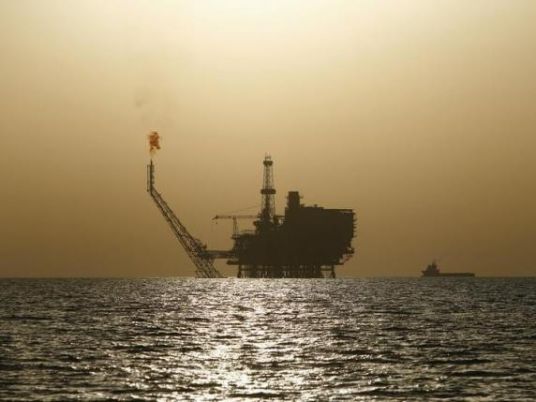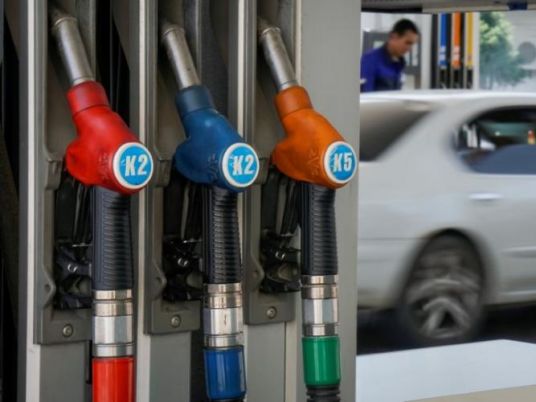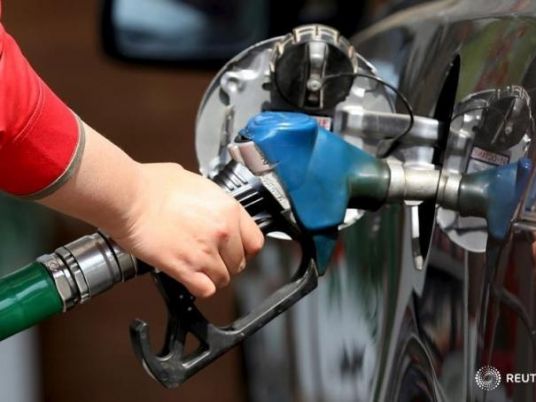
The price of Brent crude oil fell below $50 per barrel late on Monday, on weak Chinese economic data, slower global growth and growing concern that the U.S. Federal Reserve will raise interest rates.
The price of the global benchmark fell 5 percent on Monday, to as low as $49.59 per barrel after it peaked at $52.0, according to official figures.
It was the first drop below $50 per barrel for the global benchmark since January 13, when the price of Brent oil fell below $46 per barrel, losing about 60 percent.
The Chinese HSBC Manufacturing Purchasing Managers Index, which tracks activity in the manufacturing sector, on Sunday dropped to a fifteen-month low of 47.8 in July, down from 48.2 in the previous month.
A PMI reading below 50.0 indicates that the manufacturing sector is slowing down.
A weak economy in China could mean that demand for oil will also slacken in the near future.
"There are a lot of concerns about the health of Chinese economy," Richard Mallinson, a geopolitical analyst at the London-based energy market consultancy Energy Aspects, told Anadolu Agency. "Total Chinese crude oil demand has slowed down compared with previous years." But Mallinson noted that rising oil demand from consumers is partially offsetting weaker demand from industry in China.
Slower global growth rates
Forecasts indicate slower global growth this year, the weakest since the 2008 to 2009 finacial crisis, and that projection is also pushing down oil prices.
The International Monetary Fund predictsed global growth of 3.3 percent in 2015, a revision from its 3.5 percent forecast in April, in its most recent World Economic Outlook.
"The global economy is still in a period of slow growth," Mallinson said, but low oil prices will benefit developing countries and help to revive growth in 2016.
"Falling energy and commodity prices give a major boost to importing and developing countries. This will feed into to global GDP growth in 2016, when the global economy will gain momentum. But we may not return to such strong growth as we saw a decade ago," he explained.
Stronger dollar
The value of the dollar has increased against other major currencies like Euro and Yuan, on expectations that the Federal Reserve Bank will raise interest rates late this year.
Federal Reserve President Janet Yellen said in June that the Fed will raise interest rates before yearend.
Mallinson noted that the market has already begun to price in increased dollar strength.
A strong dollar reduces the purchasing power of oil importing countries, because oil prices are indexed to the value of the U.S. currency.
"Oil imports will be more expensive in relative terms [with the rising dollar]. But prices are still half what they used to be a year ago," Mallinson said.
"With prices back around $50 per barrel, there is still an economic boost for oil importers despite the exchange rate," he pointed out.
The expert stressed that oil demand will increase with low prices, and rising demand may push crude oil prices higher in the next two years.
"We foresee price of Brent going back to $80 per barrel in second half of next year. For 2017, our forecast is that it will average just below $100 per barrel," he said.
However, Mallinson warned that volatility will continue because OPEC is not actively trying to influence the market.
The cartel refused to trim production in both of its biannual meetings, a move that would have put a brake on the decline in prices and which could have even triggered a price increase.
Despite deciding to maintain 30 million barrels per day (mbpd) of output quota twice, on Nov. 2014 and Jan. 2015, the oil cartel has increased its oil production to 30.9 mbpd on April 31, to1 million bpd in May, and to 31.4 million bpd in June.



